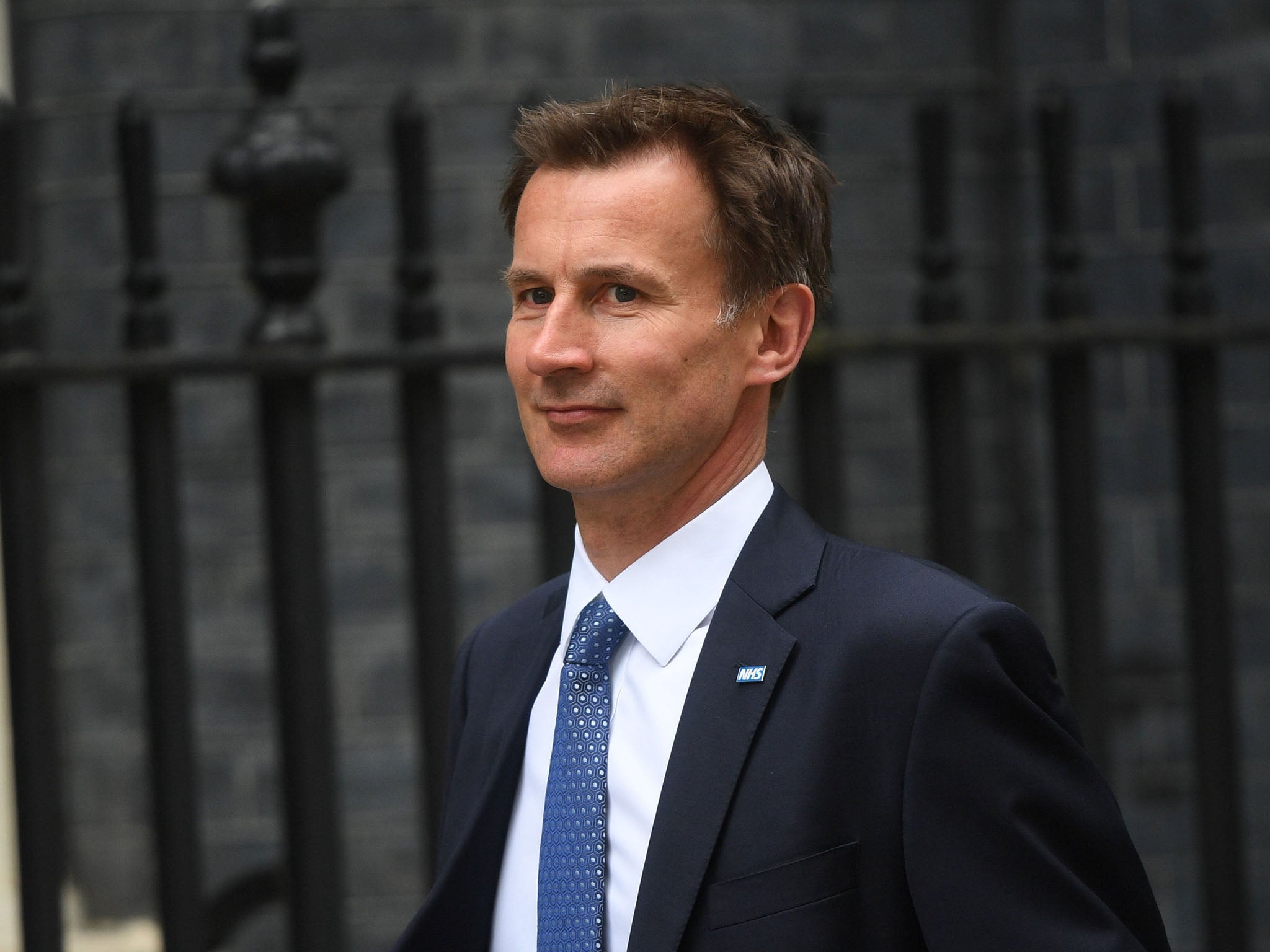Your support helps us to tell the story
From reproductive rights to climate change to Big Tech, The Independent is on the ground when the story is developing. Whether it's investigating the financials of Elon Musk's pro-Trump PAC or producing our latest documentary, 'The A Word', which shines a light on the American women fighting for reproductive rights, we know how important it is to parse out the facts from the messaging.
At such a critical moment in US history, we need reporters on the ground. Your donation allows us to keep sending journalists to speak to both sides of the story.
The Independent is trusted by Americans across the entire political spectrum. And unlike many other quality news outlets, we choose not to lock Americans out of our reporting and analysis with paywalls. We believe quality journalism should be available to everyone, paid for by those who can afford it.
Your support makes all the difference.Confidential cabinet papers reveal serious splits at the heart of Government over Brexit, as Health Secretary Jeremy Hunt was photographed entering No 10 Downing Street for this morning’s cabinet meeting holding notes including the phrase: “Hard Brexit means people fleeing UK.”
Mr Hunt’s notes are headed with the question: “What recent discussions have been had with Home Secretary on ensuring the NHS has the workforce it needs after UK leaves the EU?”
In his answer, Mr Hunt states: "Hard Brexit means people fleeing UK."
Elsewhere in Mr Hunt’s notes are statistics on the number of EU nationals working in the NHS.
They include 10,700 doctors, estimated at 9 per cent of the total. It also states that 2,200 doctors joined the NHS in the year up to March 2017. It states that 62,000 nurses are EU nationals, approximately 19 per cent of the total, 4,000 of whom joined the NHS in the year to March 2017. The photographer who took the picture later tweeted: “Trust me, it was no accident.”
During health questions in the House of Commons later, Mr Hunt said he only wanted to give the 150,000 EU nationals working in the NHS the opportunity to continue doing their “brilliant job”.
He later wrote on Twitter: “For avoidance of doubt I have never been advised or believed Brexit means people 'fleeing UK'. I was anticipating a question along those lines from MPs at health orals – which is why the phrase appears in my briefing note.”
Cabinet heard an announcement from Brexit Secretary David Davis that the crucial Repeal Bill, paving the way for Britain's withdrawal from the EU, will finally be tabled next week.
The bill will repeal the 1972 European Communities Act, which took the UK into the EU's predecessor, the European Economic Community, and will transpose relevant EU law onto the UK statute book so it can then be removed or amended as the UK Parliament wishes.
But it is expected to face a rocky ride through Parliament over the coming two years.
Meanwhile, Downing Street indicated that Prime Minister Theresa May gave her blessing to a call from Mr Hunt and Business Secretary Greg Clark for continued close collaboration with the EU on the regulation of medicines after Brexit.
The EU’s European Medicines Agency is currently based in London, but will leave the country after Brexit, creating uncertainty for UK-based pharmaceutical firms about the regulatory regime for drugs in future.
In a letter to the Financial Times, the ministers said: “The UK is fully committed to continuing the close working relationship with our European partners.
“Our aim is to ensure that patients in the UK and across the EU continue to be able to access the best and most innovative medicines and be assured that their safety is protected through the strongest regulatory framework and sharing of data.”
If the Brexit talks fail to achieve the “desired relationship”, the UK will set up a regulatory system that protects patients and “supports the UK life science industry”, they said.
Ms May's official spokesman confirmed that the letter was shared with 10 Downing Street “in the usual way” before publication.
And the spokesman said: “What they set out was that we are committed to the close working relationship we have with our EU partners and beyond that, everything else is a matter for negotiation.”
Figures from the Health Foundation indicate there has been a 96 per cent drop in the number of nurses from EU countries joining the NHS since the referendum last summer, leaving hospitals 40,000 nurses short.
Only 46 nurses arrived to work in the UK in April.
In comparison, 1,304 EU nurses applied to work in the NHS in July 2016, just after the vote.
In recent years, hospitals have undertaken major recruiting drives across Europe in order to plug massive gaps.
This was after hospitals had struggled to recruit British nurses after the coalition government cut nurse training places by 10 per cent in 2010.
Since Theresa May’s disastrous election result, pro-single market, soft Brexit forces within the Cabinet are wielding greater influence, particularly Chancellor Philip Hammond, who was sidelined during the election campaign and widely expected to be sacked.
In the Financial Times this morning, former Deputy Prime Minister and EU trade negotiator Nick Clegg said that a path can be found to allow limits of free movement while staying within the EU single market.
He cited Belgium, which “aggressively deports” EU migrants without a job after six months, and Germany, which has moved to protect its nationals in particular industries such as construction.

Join our commenting forum
Join thought-provoking conversations, follow other Independent readers and see their replies
Comments